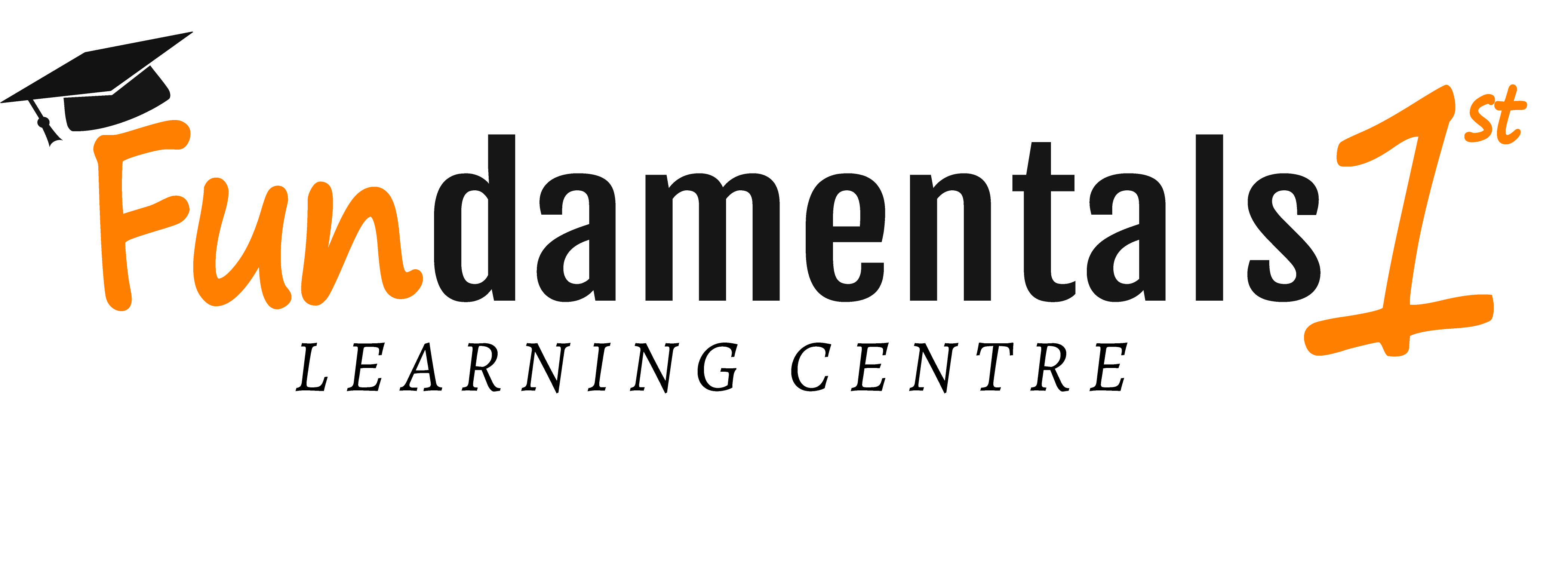
Ace Your Exam: Tips that Work!
Tests can feel like a mountain to climb, but with the right preparation, you can not only conquer them but ace them. The key isn’t just about studying harder—it’s about studying smarter. If you want to boost your grades without feeling burned out, these unique tips will help you prepare in ways that really work. Let’s dive into how you can approach test prep with fresh and effective strategies!
1. Create a Concept Map Before You Study
Instead of diving straight into your notes, start by creating a concept map or mind map of the material. This method helps you visually organize information and see how different ideas are connected. It can give you a clearer picture of what you already know and what needs more attention.
How to do it:
- Start with the main topic in the center of your page.
- Branch out with key concepts, theories, or terms related to that topic.
- Continue branching out with specific details or examples.
Why it works:
A concept map activates your brain by making connections between ideas, which helps with understanding and long-term retention.
2. Teach What You’ve Learned to Someone Else
One of the best ways to solidify what you’ve learned is to teach it to someone else. Whether it’s a classmate, a friend, or even your pet (yes, really!), explaining what you’ve studied out loud helps reinforce the material in your mind.
How to do it:
- After reviewing a concept, summarize it out loud as if you’re teaching it to someone else.
- Use everyday language to explain complex topics, which forces you to simplify and truly understand the material.
Why it works:
Teaching forces you to actively recall information and clarify your understanding. If you can teach it clearly, you truly know it!
3. Break Down Large Topics Into Bite-Sized Sections
Tackling huge chapters or complex subjects all at once can be overwhelming. Instead, break everything down into smaller, bite-sized sections and focus on mastering one small piece at a time.
How to do it:
- Review each section in a focused, uninterrupted block of time.
- Set specific goals for each study session (e.g., “I’ll master the laws of physics today”).
- At the end of each session, summarize what you’ve learned to reinforce it.
Why it works:
Focusing on smaller chunks of information makes it easier to digest and prevents burnout. Gradually putting these smaller pieces together helps you build a solid understanding over time.
4. Use the “Memory Palace” Technique
The memory palace technique is an ancient method that uses visualization to enhance memory retention. By mentally placing information in different “rooms” of an imagined location (your house, for example), you can improve recall during your test.
How to do it:
- Picture your home and assign key pieces of information to specific rooms or objects (e.g., “The water cycle goes in the kitchen”).
- When you need to recall the information, mentally walk through the house and “retrieve” the data from each spot.
Why it works:
This technique engages your spatial memory and allows you to recall information more vividly and easily by creating a mental “map” of the content.
5. Use the “Feynman Technique” for Deep Understanding
Named after physicist Richard Feynman, this technique focuses on simplifying complex topics by teaching them in plain, simple terms. If you can explain a topic clearly without using jargon, then you truly understand it.
How to do it:
- Choose a concept and try explaining it as if you’re teaching it to a young child or a beginner.
- Use simple language and break down complicated terms into everyday examples.
- Identify any areas where you struggle to explain clearly—those are the areas you need to focus on more.
Why it works:
The Feynman Technique forces you to process information deeply, making sure that you truly grasp the material rather than just memorizing it.
6. Incorporate Active Recall with Spaced Repetition
Active recall (trying to remember something without looking at your notes) is one of the best ways to study. Combine it with spaced repetition, which involves reviewing material at increasing intervals over time.
How to do it:
- Use flashcards for key terms or concepts.
- Review them first after an hour, then the next day, then after a few days, and so on.
- Apps like Anki or Quizlet can help automate spaced repetition for you.
Why it works:
Spaced repetition has been shown to enhance long-term retention, while active recall ensures you engage deeply with the material.
Acing your tests requires more than just memorizing facts—it’s about actively engaging with the material and using proven strategies to optimize your learning. From creating concept maps to using powerful memory techniques like the Feynman method, these unique approaches will help you study smarter, not harder.
Remember, everyone learns differently, so don’t be afraid to experiment with different strategies and find what works best for you. With the right mindset and effective preparation, you can crush your tests and come out on top!
If you need personalized help with your studies, don’t hesitate to reach out to our tutoring center Fundamentals First in Edmonton. We’re here to support you in achieving your academic goals, step by step!




